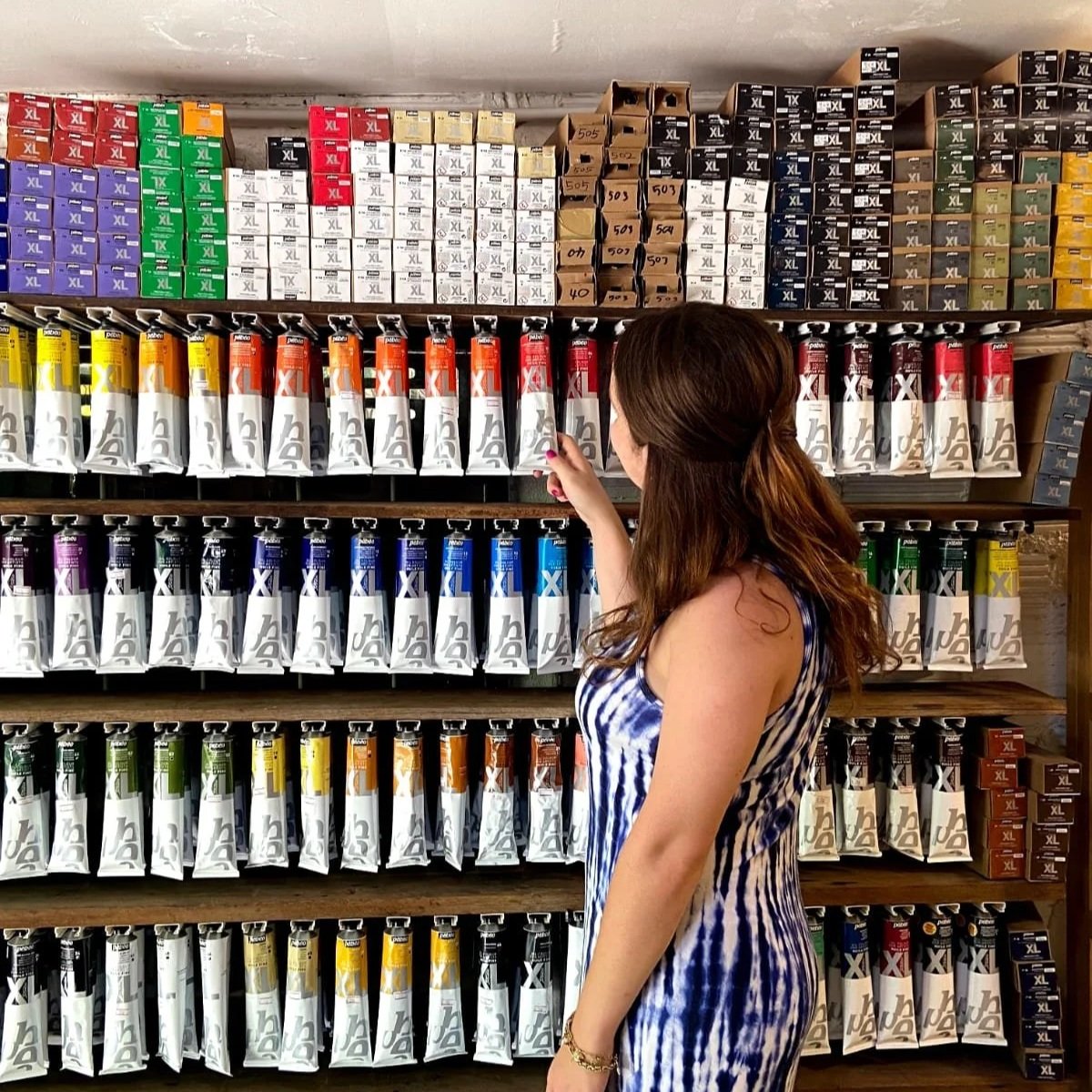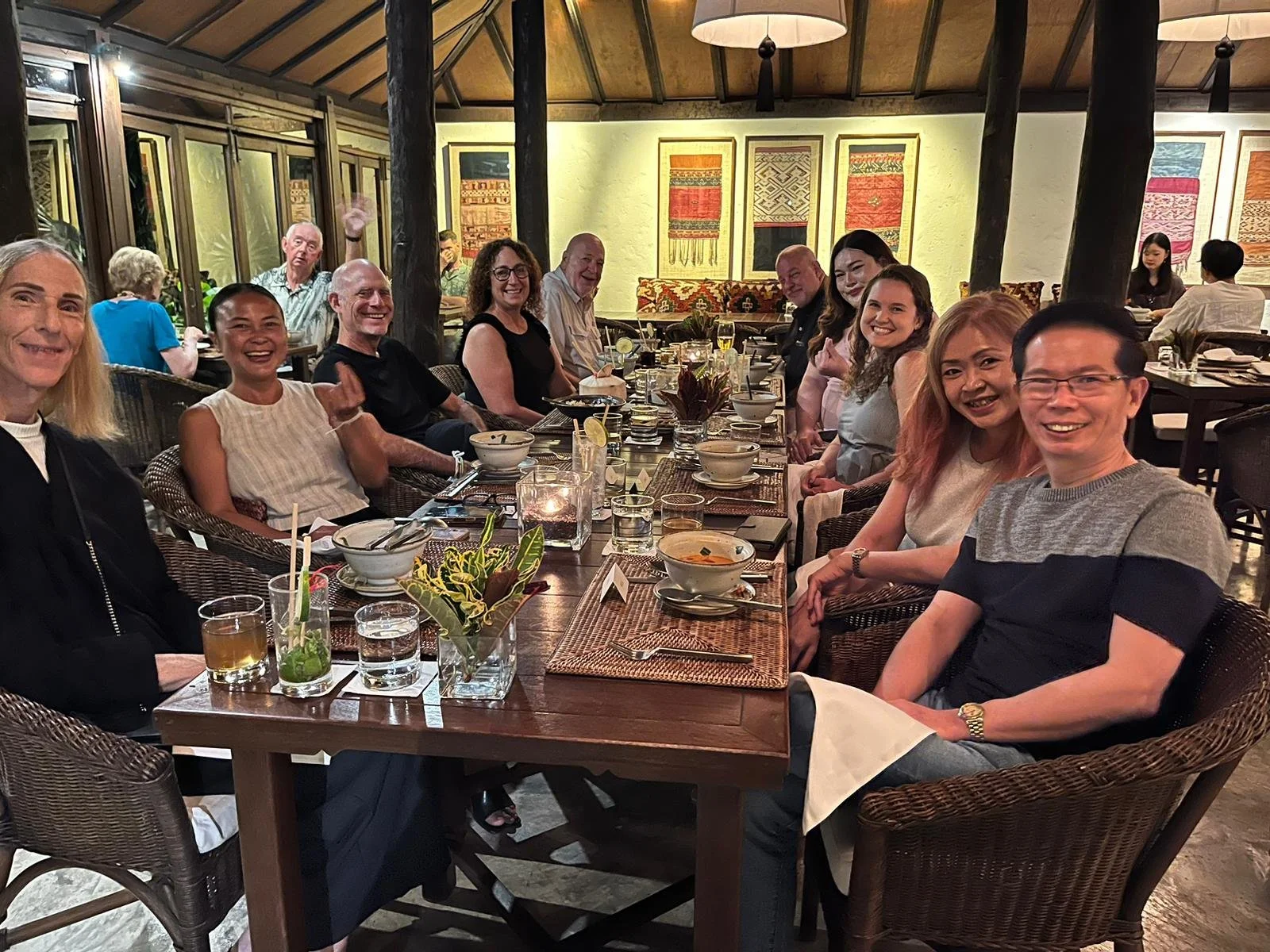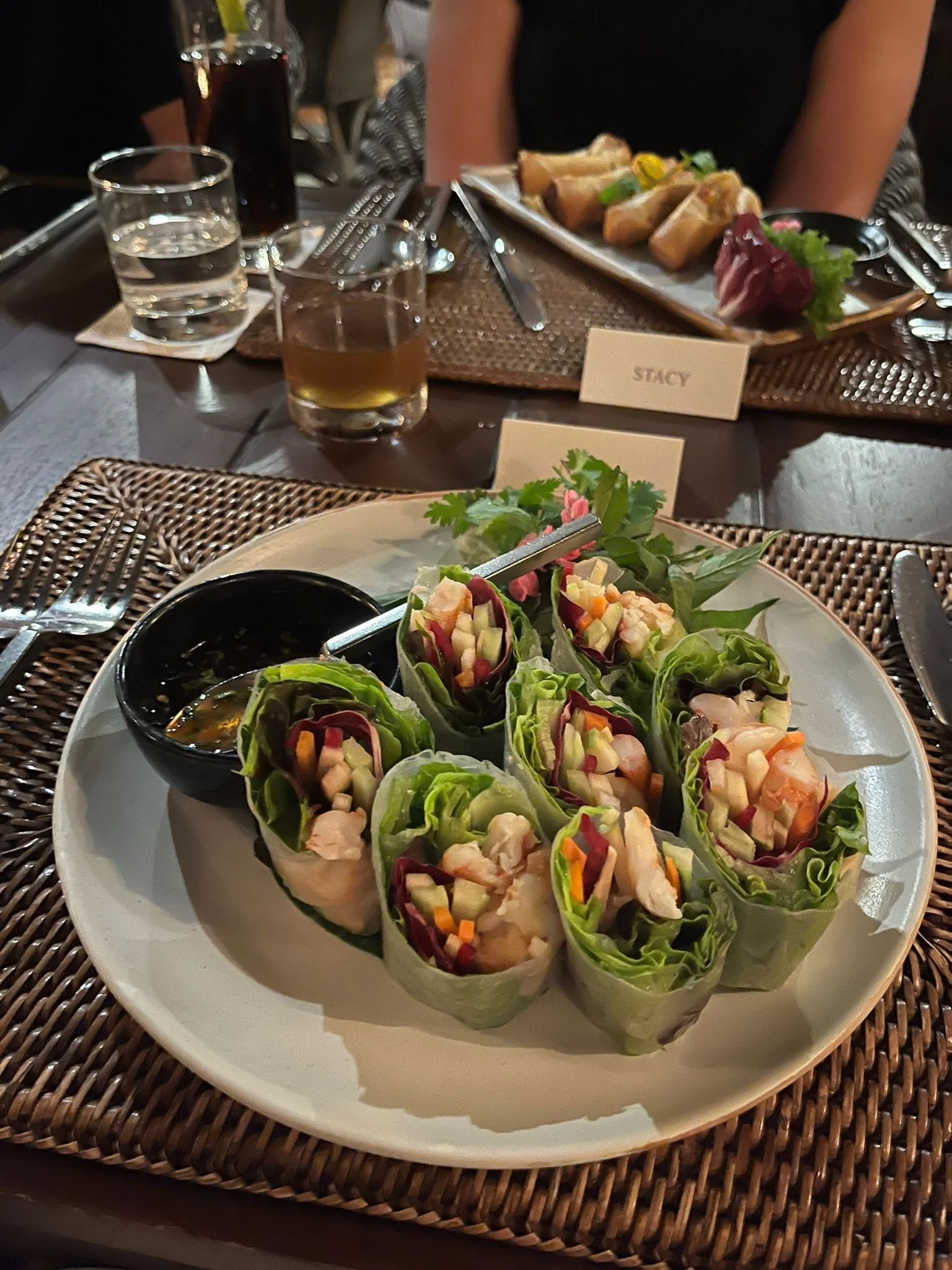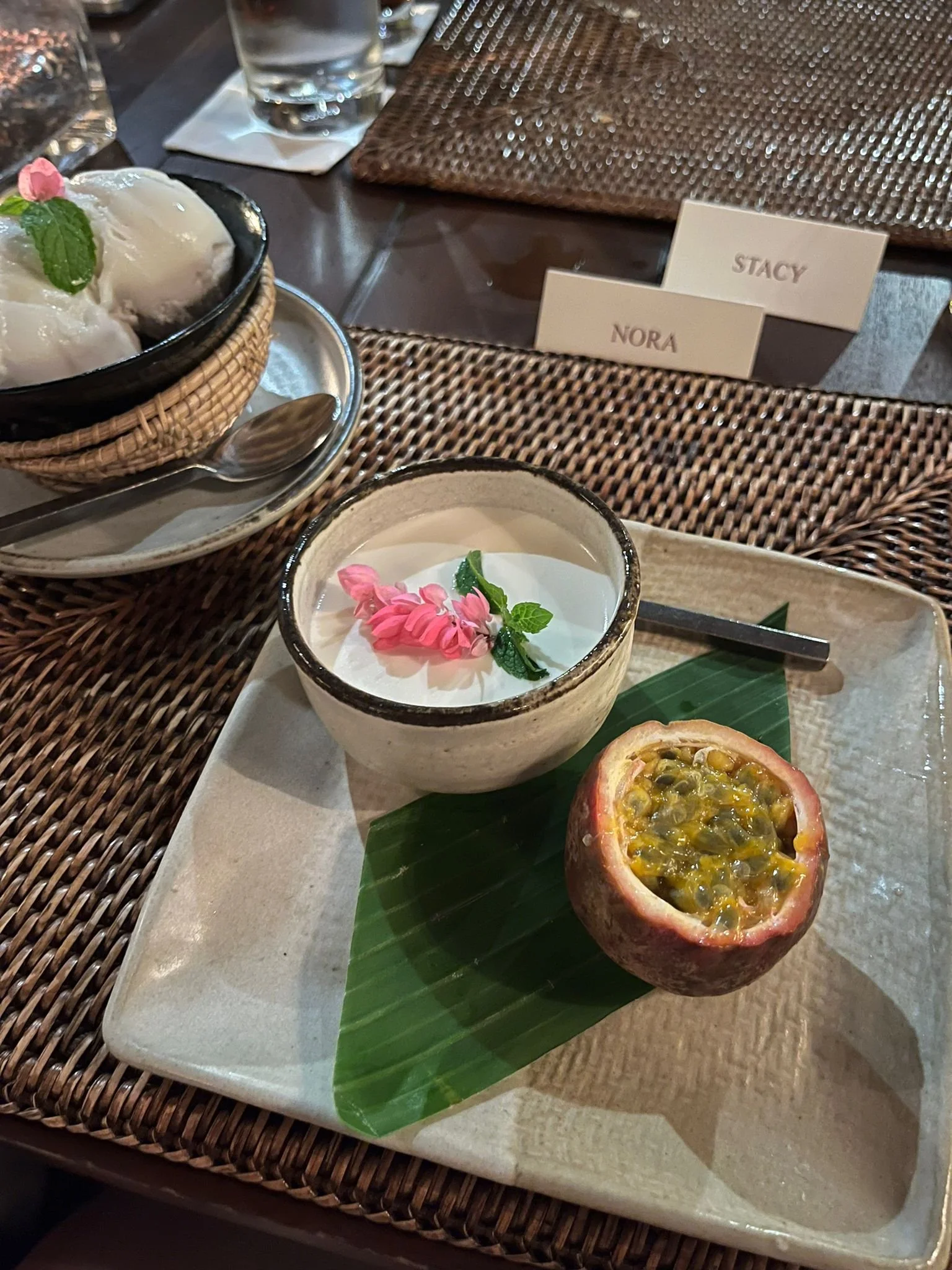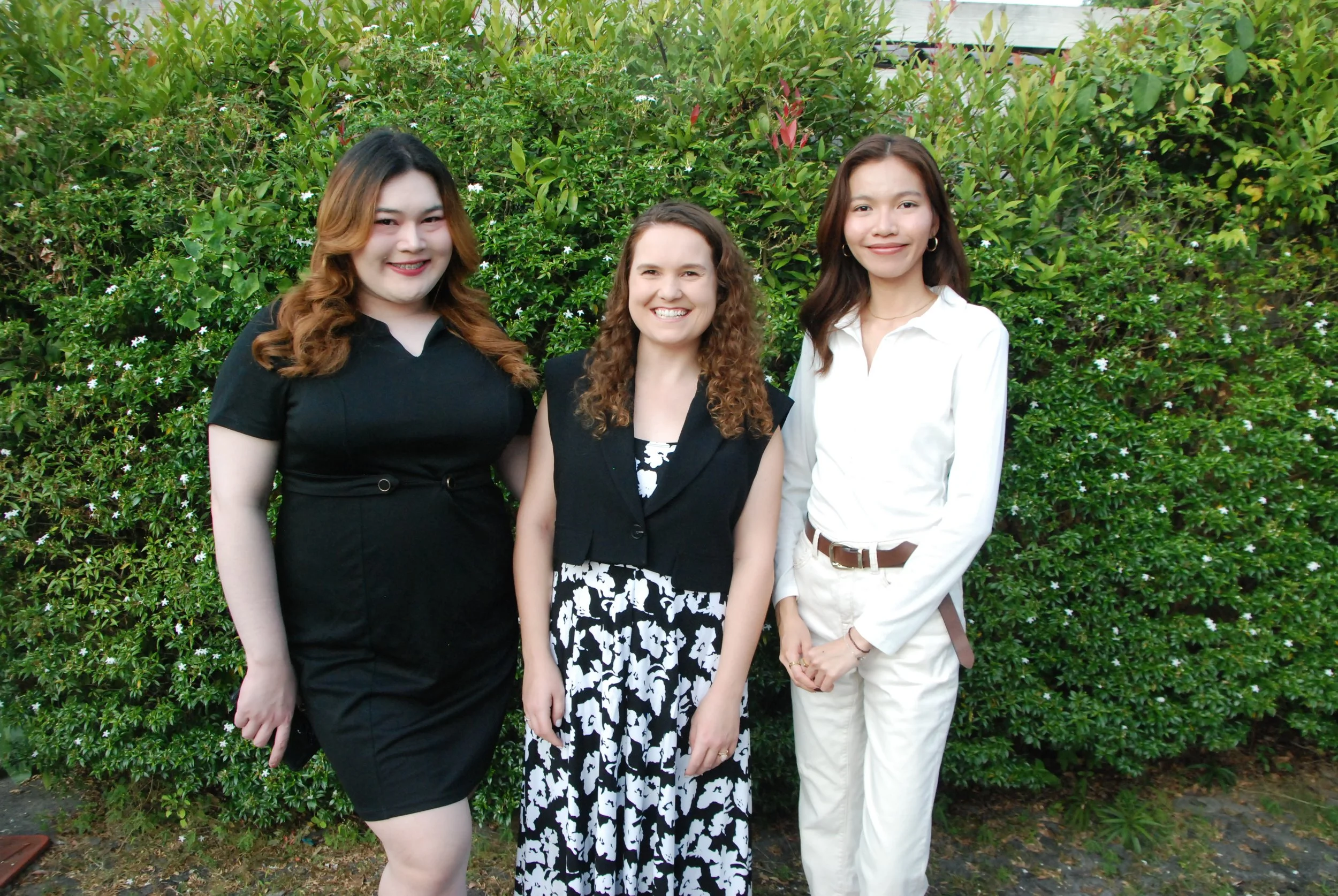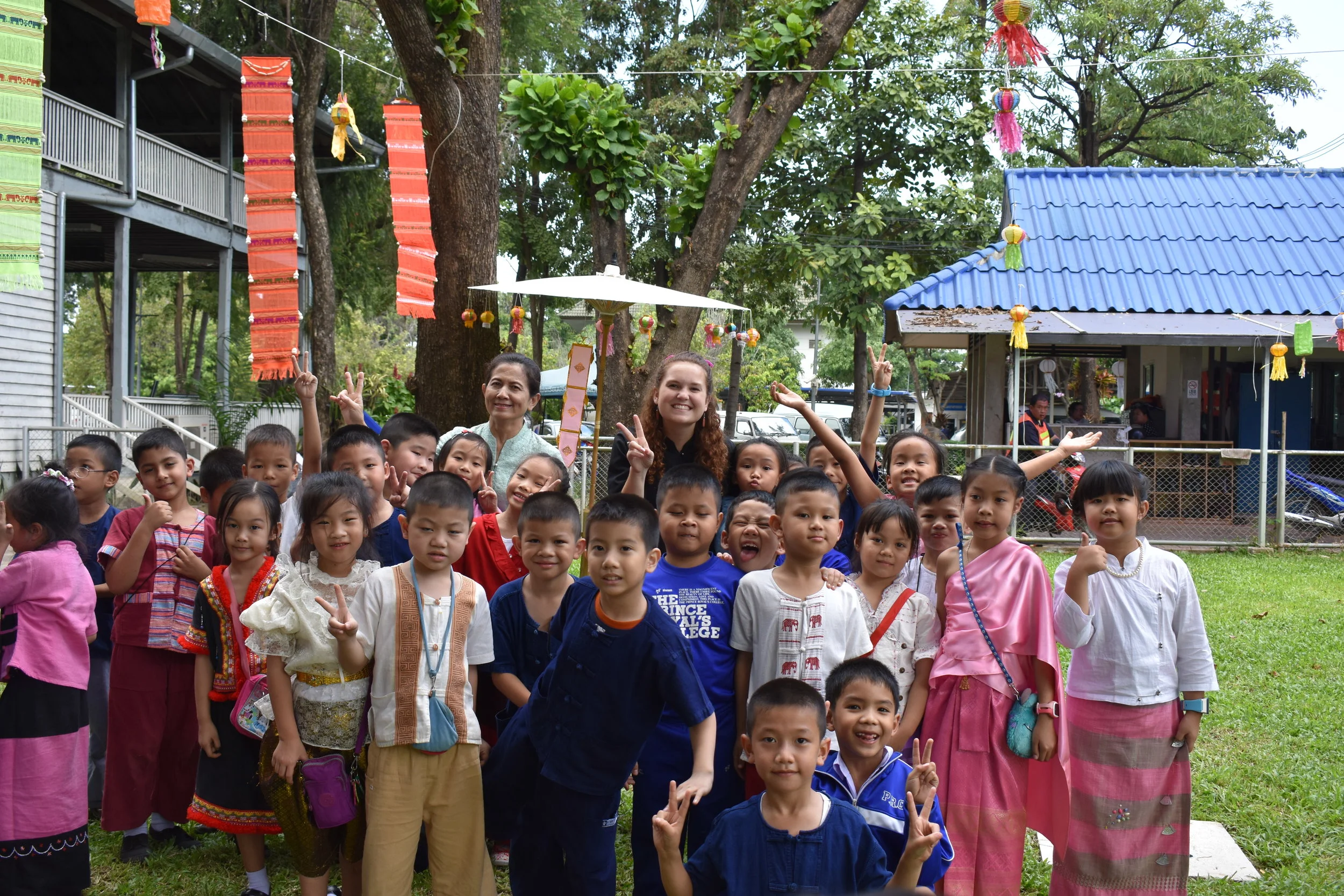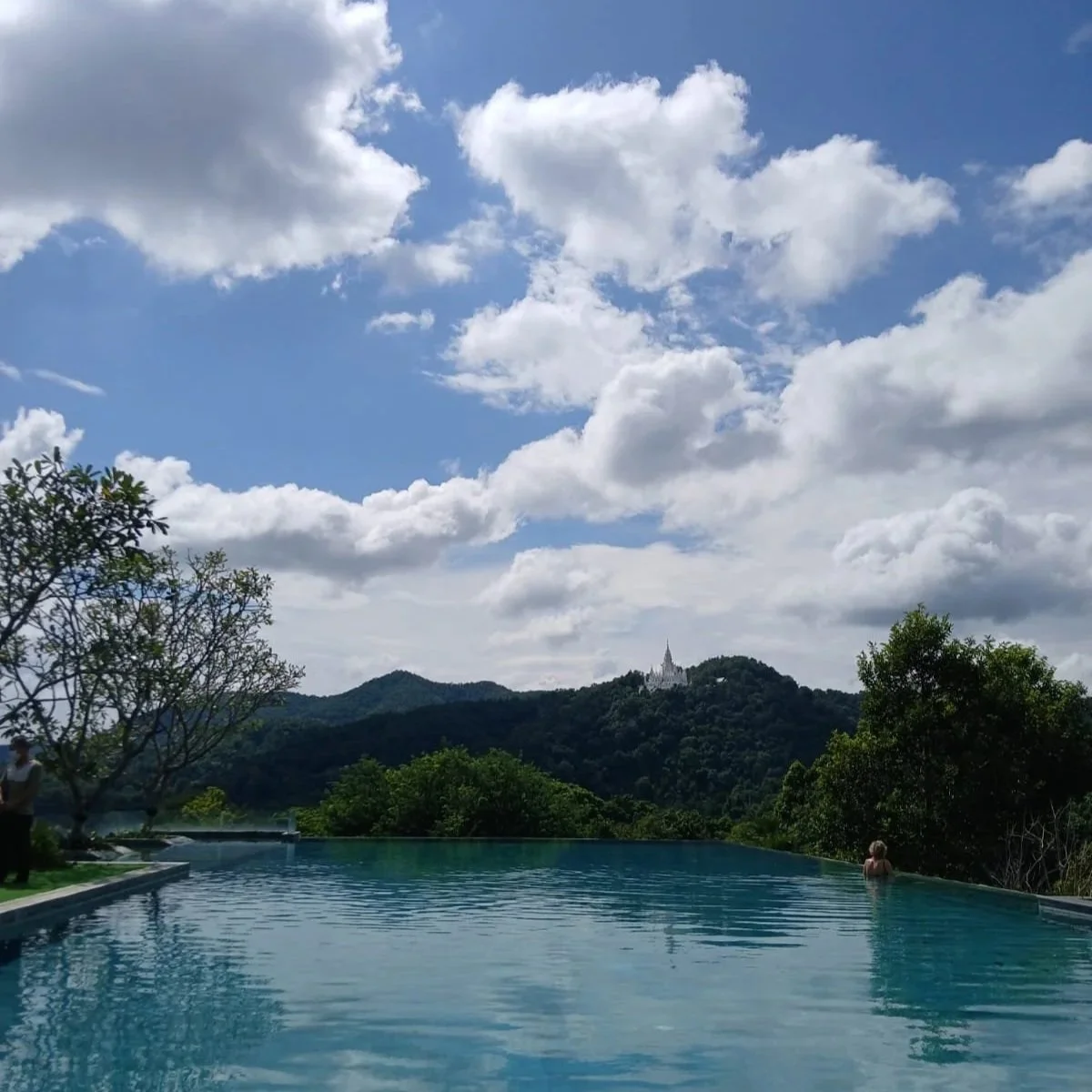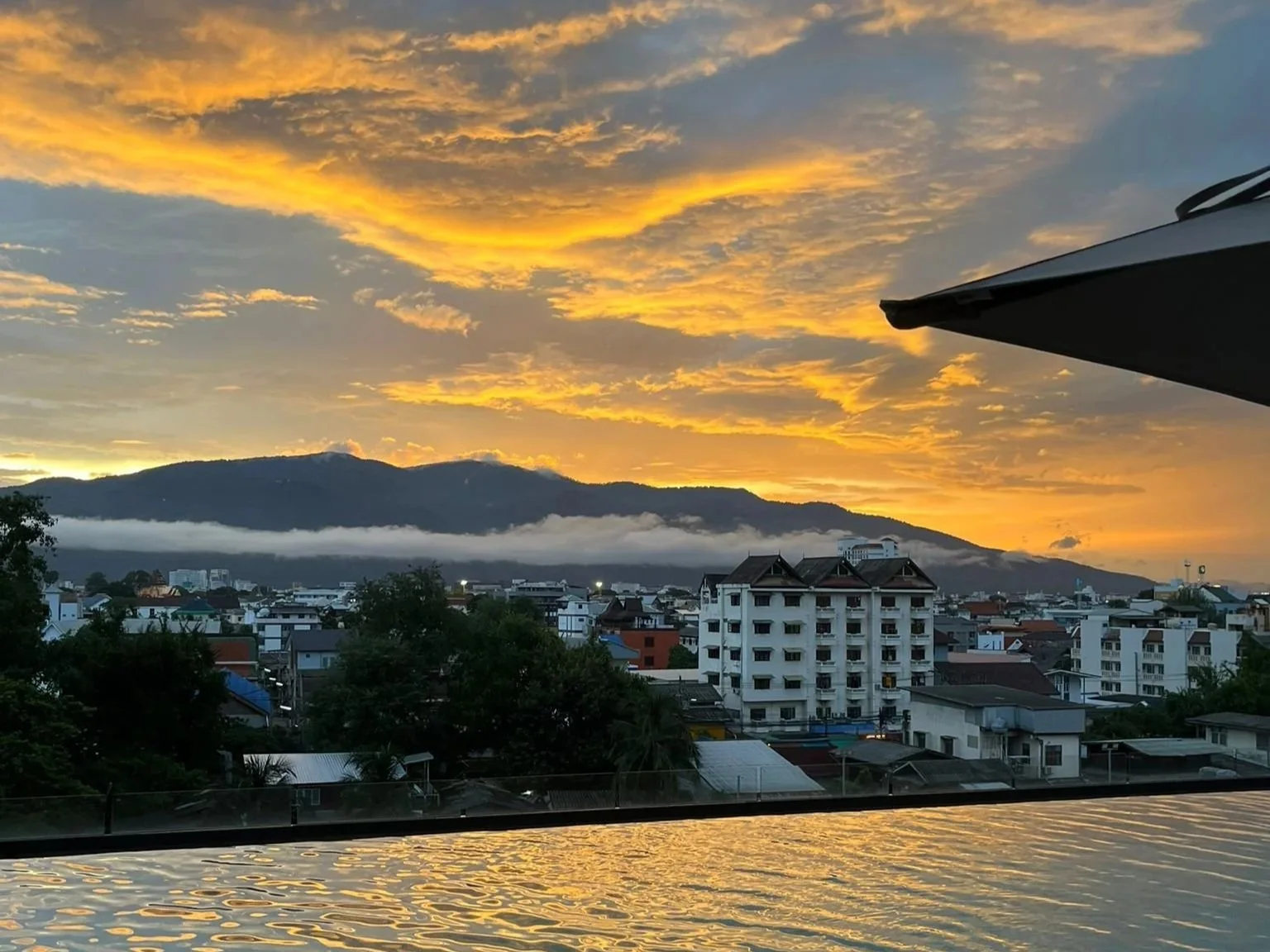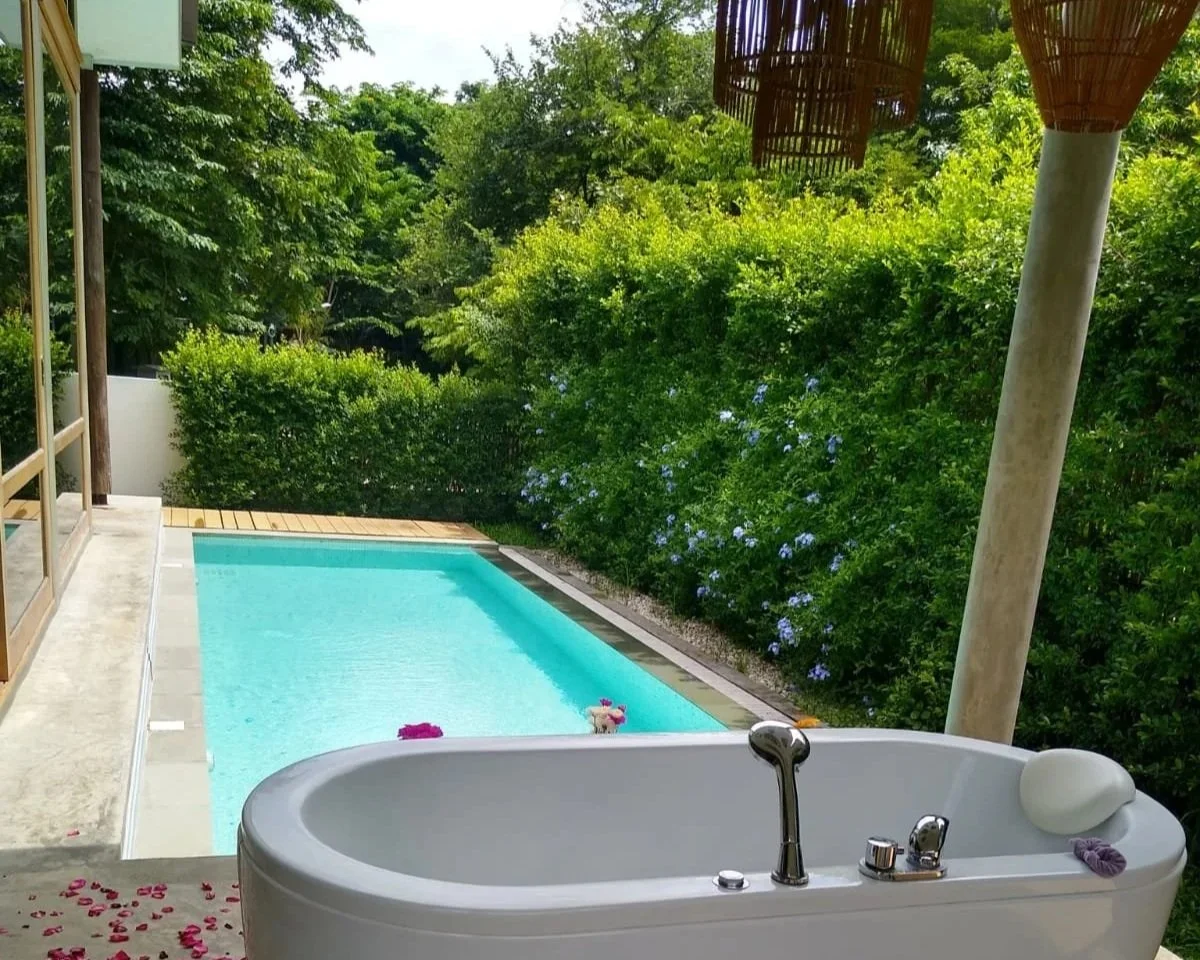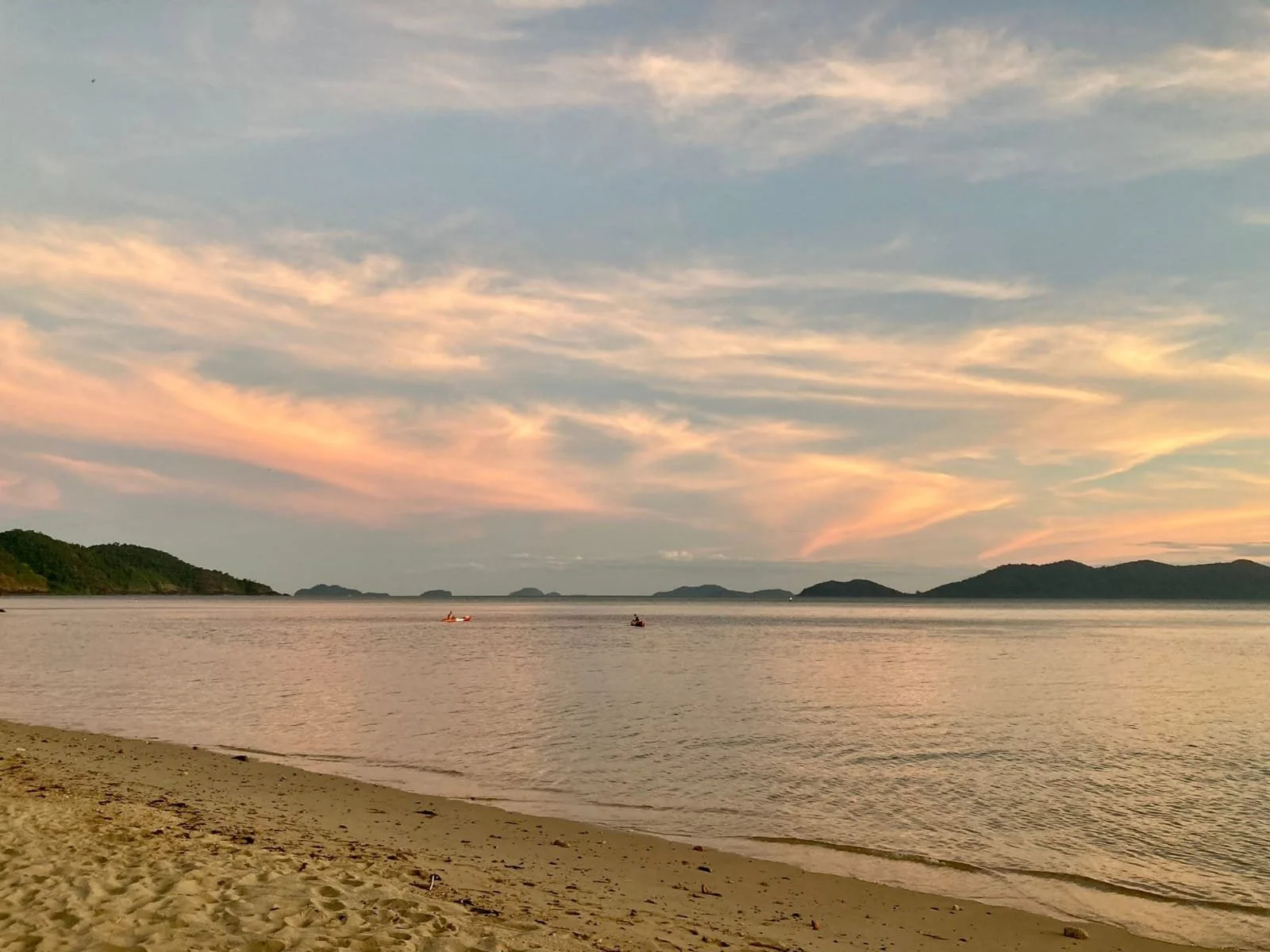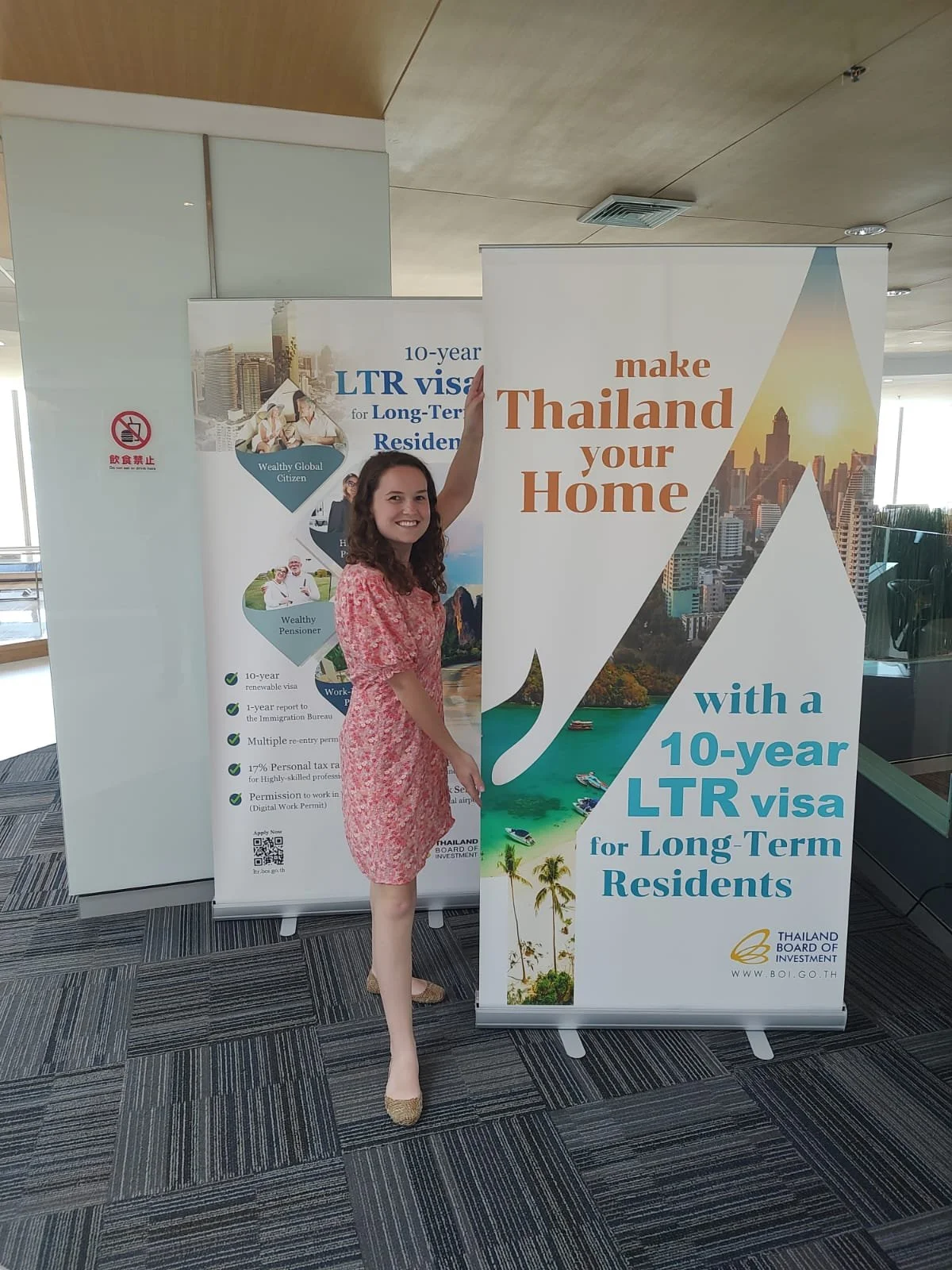Published by Settle in Abroad – Your Relocation Experts in Thailand
If you’re planning to retire in Thailand, you’ll almost certainly come across two visas that sound very similar: the Non-O and the Non-OA retirement visas. While both are available to foreigners aged 50 and over, they’re designed for different situations and lifestyles.
Understanding the difference early on can save you time, money, and unnecessary stress later.
The Non-OA Retirement Visa (Applied From Abroad)
The Non-OA Retirement Visa is designed for retirees who want to secure a full one-year stay before arriving in Thailand. This visa must be applied for in your home country.
One of the biggest advantages is convenience at the start:
You don’t need to open a Thai bank account before arriving
Your retirement funds can remain overseas initially
You receive a one-year stay right away
However, this convenience comes with a few important requirements.
Key things to know about the Non-OA:
Health insurance is mandatory and must meet Thai government requirements every year
A criminal background check is required as part of the application
Insurance must be renewed annually, which can become more challenging as circumstances or age change
This visa tends to work best for retirees who already qualify for long-term international health insurance and prefer to have everything arranged before landing in Thailand.
The Non-O Retirement Visa (Applied Inside or Outside Thailand)
The Non-O Retirement Visa is often considered the more flexible option for long-term living in Thailand.
Many foreigners enter Thailand first and then apply for — or convert to — a Non-O visa locally. It typically starts with a 90-day stay, which is then extended to a one-year retirement extension and renewed annually after that.
Key things to know about the Non-O:
Requires 800,000 THB to be held in a Thai bank account
Retirement funds must be set up locally
In many cases, health insurance is not required
No criminal background check is usually needed
Because of this flexibility, the Non-O is popular with retirees who plan to stay long-term and are comfortable opening a Thai bank account soon after arrival.
Non-O vs Non-OA: In Simple Terms
Non-OA focuses on convenience before arrival
Non-O focuses on flexibility after arrival
There’s no one-size-fits-all answer. Many retirees actually start with a Non-OA for easy entry and later switch to a Non-O when insurance requirements or long-term planning become more important.
Choosing the Right Retirement Visa
Your ideal visa depends on factors like:
Where you’re applying from
Whether you want to set up Thai banking right away
Your health insurance situation
How long you plan to stay in Thailand
Taking the time to understand these differences upfront helps ensure your retirement in Thailand starts smoothly and stays that way.






